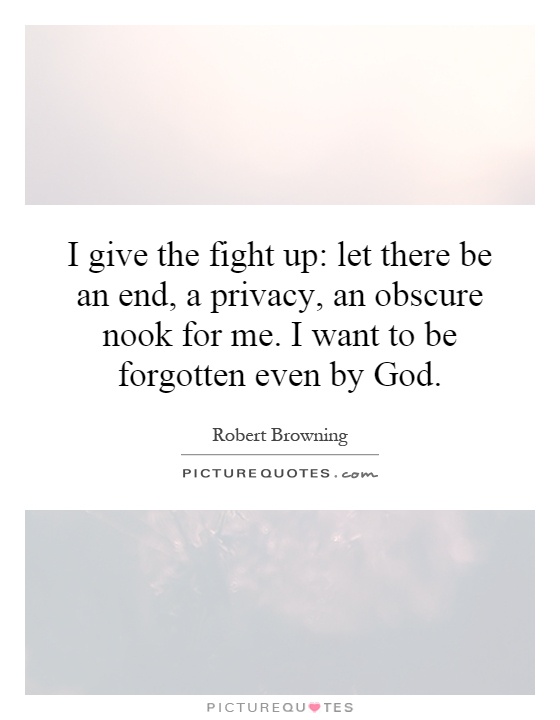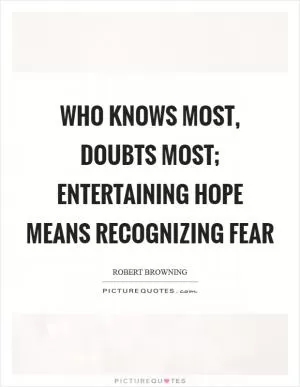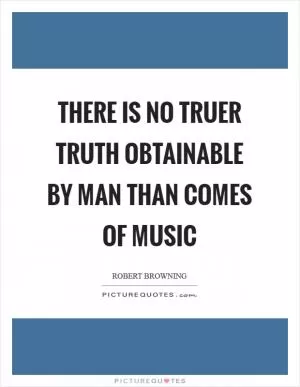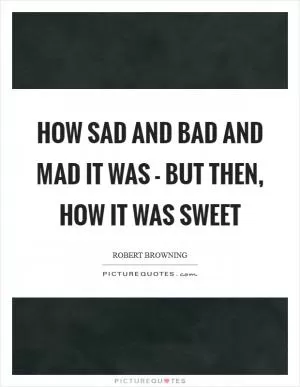I give the fight up: let there be an end, a privacy, an obscure nook for me. I want to be forgotten even by God

I give the fight up: let there be an end, a privacy, an obscure nook for me. I want to be forgotten even by God
Robert Browning, a renowned Victorian poet, is known for his dramatic monologues that delve into the complexities of human nature and the inner workings of the human mind. In his poem "Childe Roland to the Dark Tower Came," Browning explores themes of despair, isolation, and the desire for oblivion. The line "I give the fight up: let there be an end, a privacy, an obscure nook for me. I want to be forgotten even by God" encapsulates the protagonist's sense of defeat and his yearning for escape from the struggles of life.The speaker in the poem is on a quest to reach the Dark Tower, a symbol of his ultimate goal or desire. However, as he nears his destination, he becomes overwhelmed by a sense of hopelessness and futility. The line "I give the fight up" reflects his decision to abandon his quest and surrender to the darkness that surrounds him. He longs for a place of solitude and obscurity where he can retreat from the world and be free from the burdens of his journey.
The speaker's desire to be forgotten even by God speaks to his deep sense of despair and disillusionment. He feels abandoned and forsaken, both by the world and by a higher power. This sentiment is a common theme in Browning's work, as he often explores the darker aspects of human experience and the struggle to find meaning in a seemingly indifferent universe.












 Friendship Quotes
Friendship Quotes Love Quotes
Love Quotes Life Quotes
Life Quotes Funny Quotes
Funny Quotes Motivational Quotes
Motivational Quotes Inspirational Quotes
Inspirational Quotes